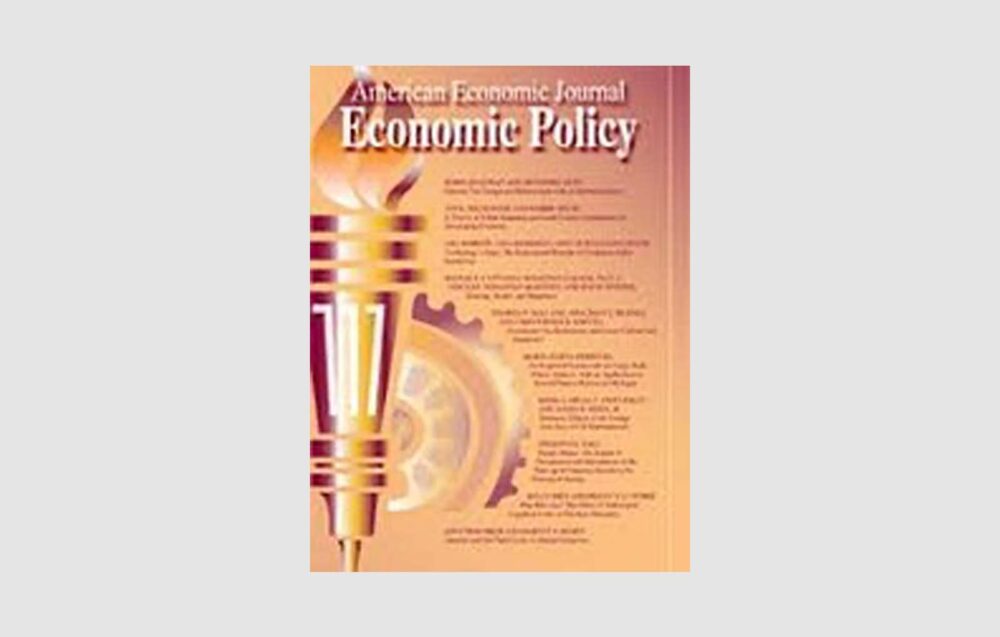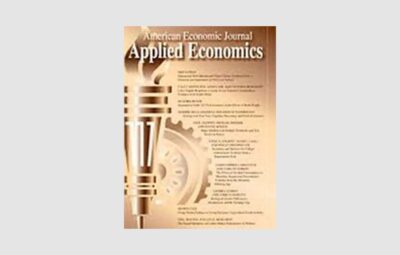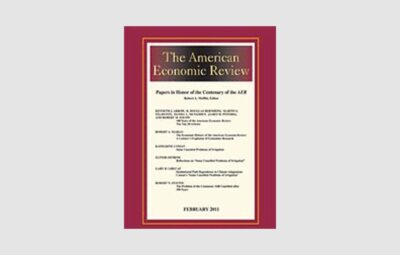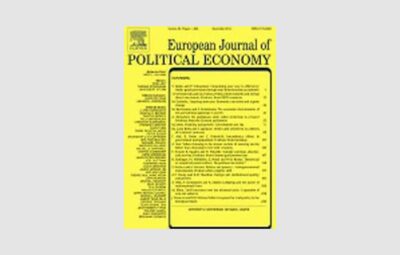We investigate a channel through which social capital may improve economic wellbeing and the functioning of institutions: political accountability. The main idea is that voters who share values and beliefs that foster cooperation are more likely to vote based on criteria of social welfare rather than narrow personal interest. We frame this intuition into a simple model of political agency and take it to the data using information on the criminal prosecutions and absenteeism rates of Italian members of Parliament. Empirical evidence shows that the electoral punishment of these misbehaviors is considerably larger in districts with higher social capital.
Social Capital and Political Accountability
Joint with Andrea Stella, Guido Tabellini, and Ugo Troiano



